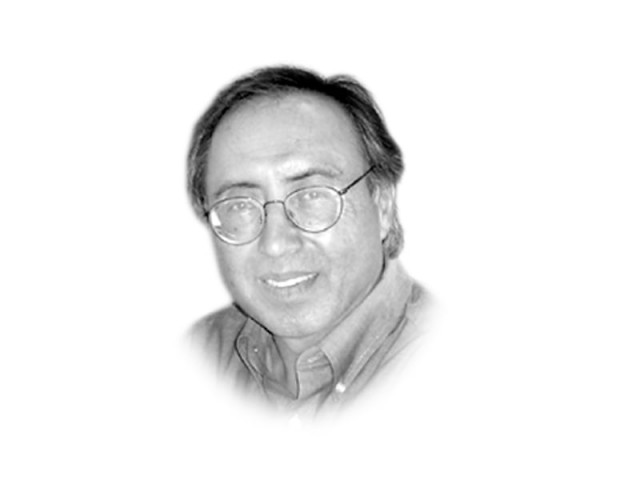Who will transform Pakistan?
Public action, with people standing up in organised fashion, asking questions can force change in behaviour of elite

The writer is a professor of political science at the Lahore University of Management Sciences
The political history of Pakistan for the past three decades is a history of repeated disappointments. No matter which party, leader or institution was in control of the state apparatus, it has not made any difference. The rot continued by different means, in different directions, and with more disastrous consequences. Having witnessed Pakistan’s descent into confused conditions for several decades, and the country making a nosedive into decline during the past 10 years, trust and confidence in the current ruling groups is weaker than ever before. The transition from the military-dominated hybrid order now in its seventh year is still a transition at best. The hope that democracy and ‘democrats’ will consolidate democracy in the true sense has begun to fade.

Democratic transition and consolidation are not well-understood in a social climate framed by centuries’old authoritarian rule in this part of the world. Such a transition has never meant the personal consolidation of the ruling elite when they obtain popular mandate to rule through elections or procedural democracy. Nor does it imply the lifting of the threat to their rule when they decide to plunder the country left, right and centre and make institutions deliberately dysfunctional to milk all the benefits they want. The same elite joined the military club, and the club managers were very pleased to have them all in, if they wished to abide by the rules of the club. That is not the alternative anymore. Nor was it ever because that prevented natural social forces to emerge on their own in the country and force the ruling elite to do some good for society.
Pakistan will have to play with the same cards: the ruling elite, their parties and their puppets. How, then, can we force a change? It is possible only through public action. The public at large is always a dormant force in every society; it has to be awakened. Who can or will awaken it? The history of the world is replete with examples of when extraordinary circumstances produced great social movements. Pakistan is at the cusp of it with a thriving but frustrated middle class, free media and an activist civil society.
Public action, with people standing up in an organised fashion and asking questions, demanding answers and forcing change in the behaviour of the elite, is the only way out.
Published in The Express Tribune, January 21st, 2015.
Like Opinion & Editorial on Facebook, follow @ETOpEd on Twitter to receive all updates on all our daily pieces.














COMMENTS
Comments are moderated and generally will be posted if they are on-topic and not abusive.
For more information, please see our Comments FAQ